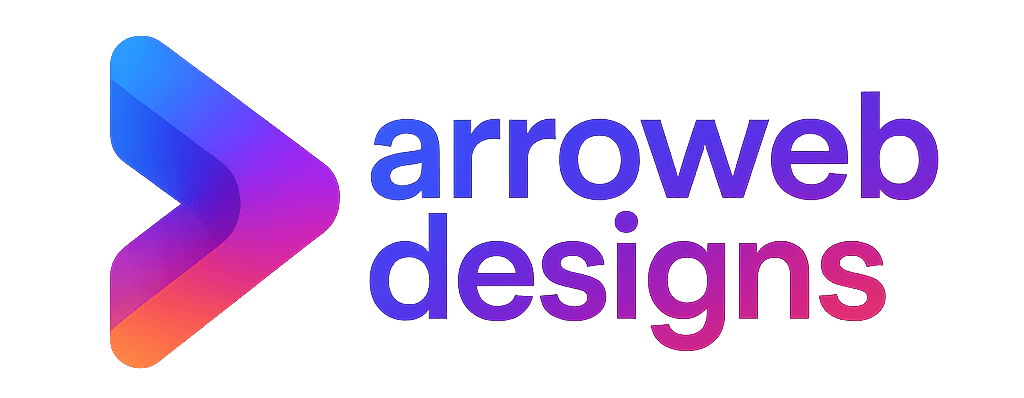1. Website Development: The Foundation of Your Business
Your website is the first impression customers have of your brand. It is the most important platform to showcase your products or services. A professional, user-friendly website not only attracts visitors but also keeps them engaged, encouraging them to learn more about what you offer.
Key Aspects of Website Development:
- Responsive Design: Ensuring your website works well on both mobile and desktop devices is critical in today’s mobile-first world.
- Speed and Performance: A fast-loading website not only improves user experience but also positively impacts your SEO ranking.
- SEO-Friendly Structure: The structure of your website, URL setup, meta tags, and content should be optimized for search engines.
- Security: Implementing security measures like HTTPS ensures your website is safe for both users and search engines.
2. Digital Marketing: Driving Traffic to Your Website
Digital marketing strategies help attract more traffic to your website and convert those visitors into customers. It involves using various channels such as SEO, social media marketing, content marketing, and pay-per-click (PPC) advertising to reach a wider audience.
Key Elements of Digital Marketing:
- SEO (Search Engine Optimization): SEO ensures that your website ranks higher in search engine results, bringing organic traffic. SEO involves keyword research, on-page SEO, and link building.
- PPC (Pay-Per-Click) Advertising: If you’re looking for quicker results, PPC advertising through Google Ads or social media platforms can drive immediate traffic to your website.
- Social Media Marketing: Platforms like Facebook, Instagram, and LinkedIn help increase your brand visibility, engage with customers, and drive traffic to your website.
- Content Marketing: Creating valuable blog posts, videos, infographics, and case studies helps attract and engage visitors. This not only boosts brand credibility but also improves your website’s SEO.
3. Integrating Website Development and Digital Marketing
It is important to find the right balance between website development and digital marketing. If your website is well-designed but lacks a strong digital marketing strategy, you won’t attract much traffic. On the other hand, if you have great digital marketing strategies but a poorly designed website, you’ll lose visitors quickly.
Combining Website Development and Digital Marketing for Success:
- Optimizing Your Website for SEO: Your website should be SEO-friendly to improve search engine rankings. This includes using the right keywords, meta tags, and structuring content effectively.
- Landing Pages for PPC Campaigns: Ensure that your PPC ads lead to optimized landing pages that attract visitors and encourage them to take action.
- Social Media Campaigns: Your website should include social sharing buttons and engaging content to allow visitors to easily share your pages on social platforms.
4. Continuous Tracking and Optimization
Once your website is live and your digital marketing campaigns are running, it’s essential to track their performance. Tools like Google Analytics and other tracking software help you measure the success of your website and marketing efforts.
- Key Metrics: Track metrics such as website traffic, bounce rate, average time on page, and conversion rates.
- A/B Testing: Conduct A/B tests on your website and ad campaigns to determine which strategies work best.
Conclusion
Website development and digital marketing go hand in hand in ensuring the success of your online business. A well-designed website and effective marketing strategies work together to build your online presence and drive business growth.
If you want your website and digital marketing strategies to work in sync, Arrowebdesigns can provide custom web development and digital marketing solutions. We’ll optimize your website for SEO and help make your marketing campaigns more effective.

